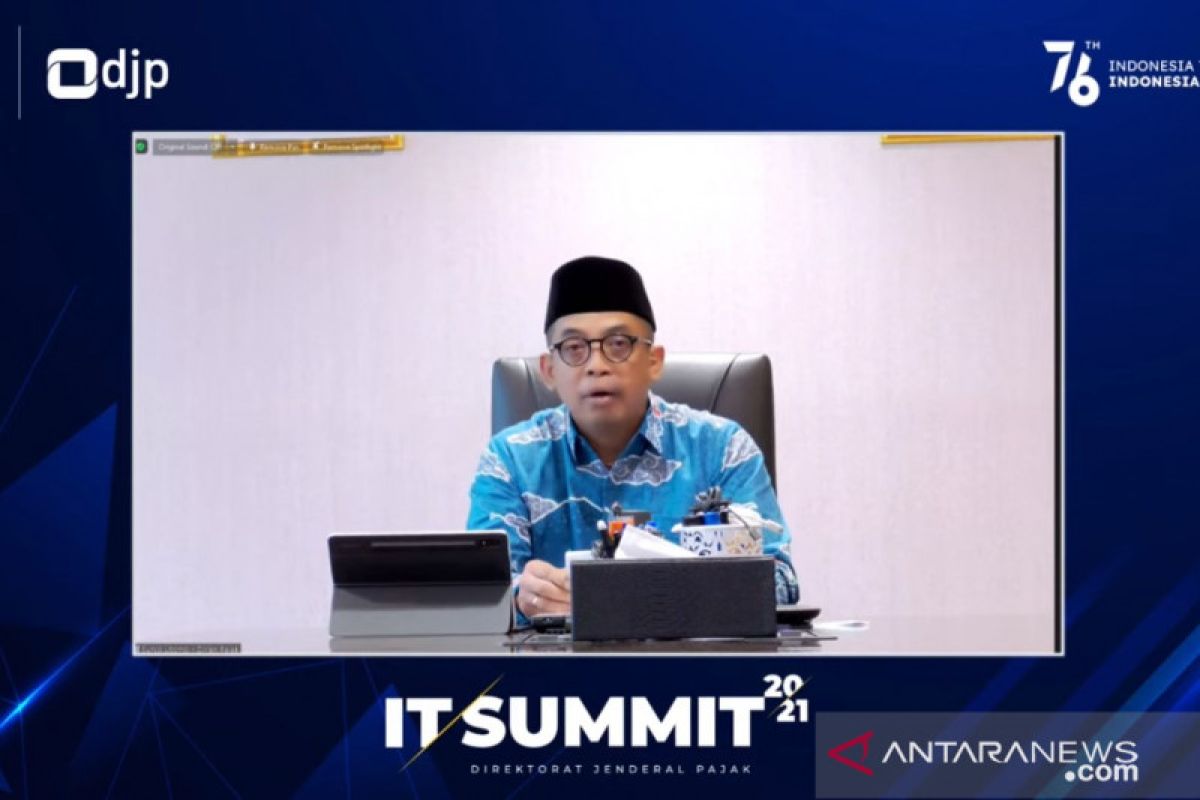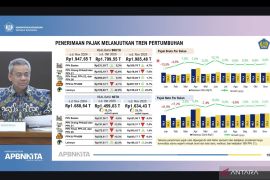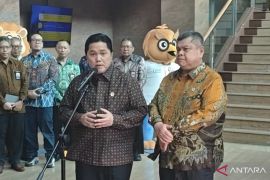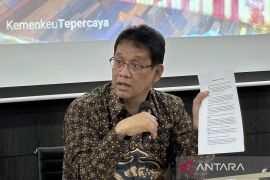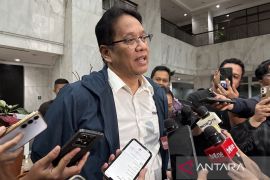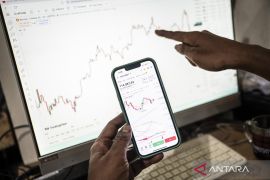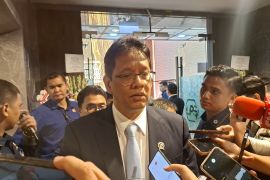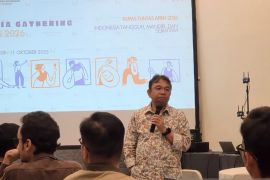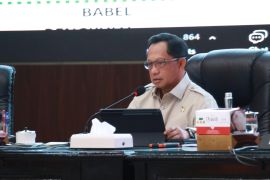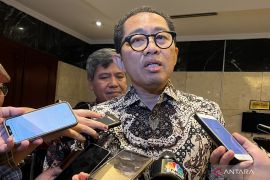The mobility restrictions have driven us to be more adaptive in facing the dynamic era.Jakarta (ANTARA) - The COVID-19 pandemic has apparently and rapidly led Indonesia to the future, according to taxation director general Suryo Utomo.
“Mobility restrictions have driven us to become more adaptive in facing the dynamic era,” Utomo stated during the 2021 IT Summit of the Taxation Directorate General held virtually here on Wednesday.
Pandemic-triggered technological disruptions have outstanding impacts on the development of systemic ability and intelligence or artificial intelligence to interpret data and information correctly, accurately, adaptively, and flexibly, according to Utomo.
Artificial intelligence can help direct, guide, prioritize, and mitigate the risks when the directorate is working, he noted.
On the other hand, the COVID-19 pandemic has led to increased digitalization by prioritizing cashless transactions, Utomo noted.
However, such transactions become challenges for the directorate in collecting tax revenue since new types of fraud might surface, he cautioned.
“Hence, if the directorate is not adaptive to technological disruptions, then we will potentially lose taxes that will lead to lesser tax revenue for the state,” he pointed out.
To address the challenges, the tax potential will continue to be explored on the basis of digital data mining, he remarked.
Hence, to this end, qualified human resources and systems are deemed necessary since the data exploration process should be competent, such as through the application of artificial intelligence, statistical techniques, mathematics, and machine learning techniques, according to Utomo.
Related news: Govt encourages emergence of AI-based digital talent in Indonesia
Related news: Artificial intelligence can bolster business productivity: minister
Translator: Agatha Olivia, Juwita Trisna R
Editor: Rahmad Nasution
Copyright © ANTARA 2021
